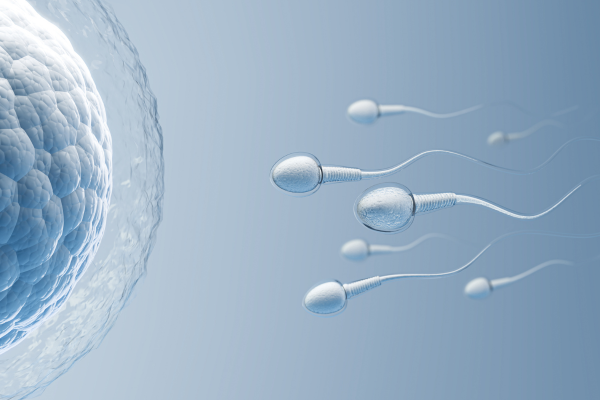Facts About Fertilisation Of Women’s Egg
Before a man’s sperm can fertilize a woman’s egg, the head of the sperm must attach to the outside. Once attached, the sperm pushes through the outer layer to the inside of the egg (cytoplasm), where fertilization takes place.
Sometimes the sperm cannot penetrate the outer layer, for a variety of reasons. The egg’s outer layer may be thick or hard to penetrate or the sperm cannot swim. In these cases, a procedure called intracytoplasmic sperm injection (ICSI) can be done along with in vitro fertilization (IVF) to help fertilize the egg. During ICSI, a single sperm is injected directly into the cytoplasm of the egg.
The ICSI procedure can help you achieve IVF pregnancy success even when male infertility problems are an issue. If your male partner has experienced any of the following problems, talk to your doctor about ICSI:
Absence of sperm in the semen, possibly caused by a blockage.
· Low sperm count, poor sperm quality and/or abnormal sperm shape and movement.
· Sperm unable to penetrate through the outer layer of your egg or production of anti-sperm antibodies.
Have you tried IVF without success? If so, ask your doctor about ICSI and IVF success rates.
Side Effects
Unfortunately, problems can occur during ICSI procedures. Here are some potential issues that could arise during the process:
Your eggs may become damaged. The embryo might fail to grow after the fertilization. Some people speculate that the ICSI process might lead to higher rates of genetic defects compared to other fertility treatments. But, the birth defects most commonly associated with ICSI can usually be fixed with surgery.
ICSI And Vasectomy Reversal
If your partner has had a vasectomy, the ICSI procedure may help you conceive. This may be especially helpful if your partner tried to have an unsuccessful vasectomy reversal, or if he doesn’t want to have the vasectomy reversed.
During a vasectomy reversal or in a quick office procedure, a surgeon is often able to remove your partner’s sperm from his testes. These sperm can be frozen for later use with IVF and ICSI.ICSI is a major advance.
It is quite amazing that doctors and scientists have made such amazing breakthroughs with assisted reproductive technology fertility treatments. It is fascinating that we now can fertilize an egg with just one sperm, helping many infertile couples get pregnant.
Intracytoplasmic Sperm Injection (ICSI), an extension to conventional in vitro fertilization (IVF) treatment, can be applied in cases where there is low sperm number, motility, or morphology, or a combination of these parameters.
ICSI can also be used in cases where sperm have been retrieved surgically from the epididymis or testicular tissue and in cases where the polyspermy rate from IVF has been unexpectedly and unacceptably high.
However, the outcome of ICSI may depend on its indications. Case series studies have found that ICSI is better for treating severe male factor infertility than for treating previously failed fertilization in an IVF cycle when the male has otherwise normal sperm parameters. Ensure you visit your fertility doctor if you need further help.

